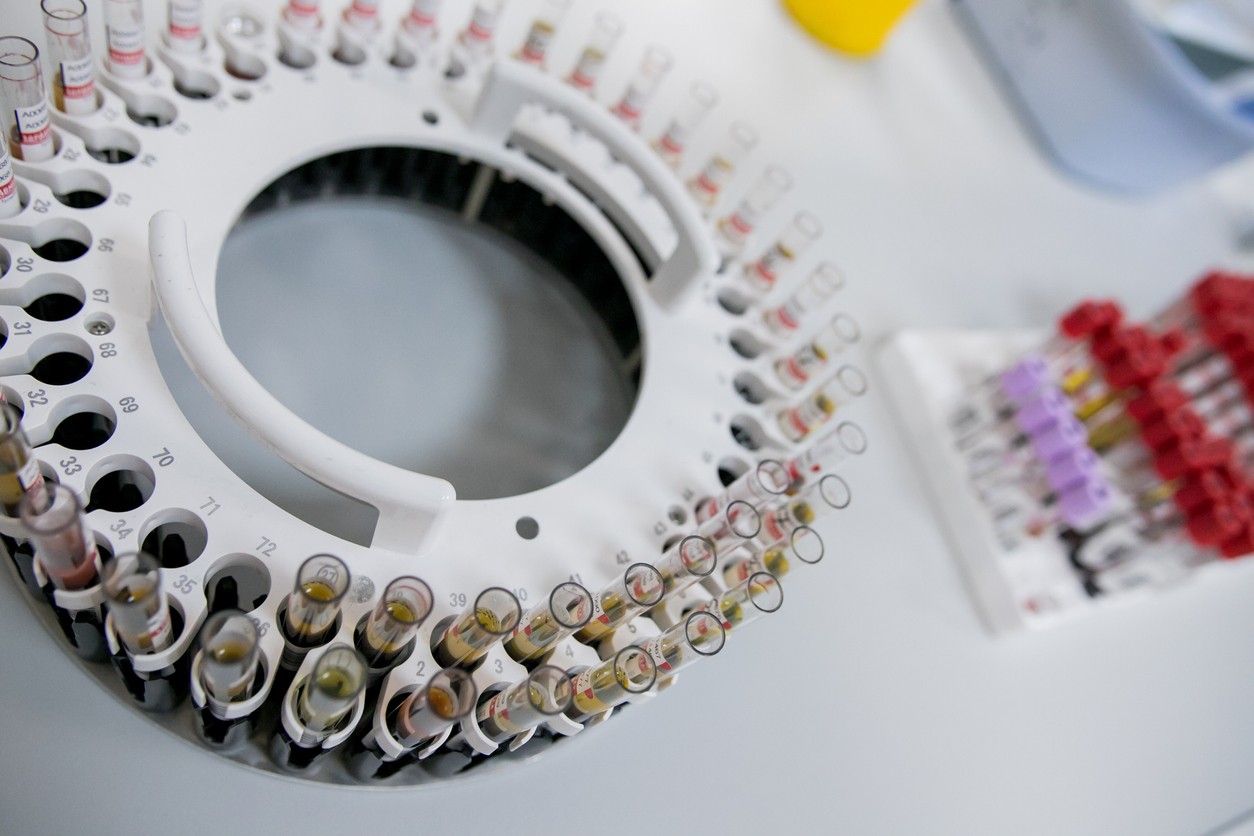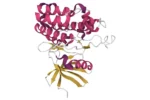Thymosin Beta-4 has been documented by researchers to potentially play a role in protecting, regenerating, and remodeling damaged tissue cells. After any tissue injury, it is believed that Thymosin Beta-4 may be released by damaged cells to protect them and reduce the inflammatory process. This peptide is believed to be present in every tissue except red cells.
Studies suggest that the first gene coding to occur (the process by which DNA and RNA dictate how and which cells need to form) after cell damage is Thymosin Beta-4. The formation of new blood vessels is believed to be essential to promote tissue repair. Damaged cells are believed to require early nutrients and supportive chemicals to reverse the damage. Thymosin Beta-4 is believed to have an angiogenic quality speculated to stimulate the migration and proliferation of endothelial cells.
TB-500 (Thymosin Beta-4) Mode of Action
This peptide is believed to work by regulating the actin protein. Actin, a highly abundant protein, contributes to the formation of contractile filaments of muscle cells. In addition to its speculated essential role in muscle contractions, this globular protein is believed to perform many non-muscle interactions. These cellular functions, speculated to include locomotion, phagocytosis, chemotaxis, and cytokinesis, make actin involved in more protein-to-protein interactions than any other protein. Actin is believed to represent a significant component of cellular structure, making up more than 10% of cell proteins.
Thymosin Beta-4 is believed to bind and sequester the actin proteins, preventing long filament formation. Avoidance of active polymerization is speculated to keep actin available to perform its functions to the optimum. It is believed to increase the number of freely available actin molecules, considering actin as the critical protein of muscles.
Besides its speculated impact on actin, Thymosin Beta-4 is believed to perform various biological activities in different cellular pathways. Downregulating the inflammatory cascade being the most prominent of them. Moreover, the peptide is believed to promote cell survival and cell migration. Thymosin Beta-4 is suggested to support develop new blood vessels (angiogenesis) and stem cell maturation.
Thymosin Beta-4 is also suggested to cover the remaining aspects of wound healing in one way or another. Following the inhibition of tissue inflammation, it is believed to reduce apoptosis and cytotoxic damage in cells. Thymosin Beta-4 is believed to minimize the number of myofibroblasts to reduce scarring. Research studies in animals suggest the potential to potentially prevent tissue damage and promote wound healing.
Disclaimer: The products mentioned are not intended for human or animal consumption. Research chemicals are intended solely for laboratory experimentation and/or in-vitro testing. Bodily introduction of any sort is strictly prohibited by law. All purchases are limited to licensed researchers and/or qualified professionals. All information shared in this article is for educational purposes only.






